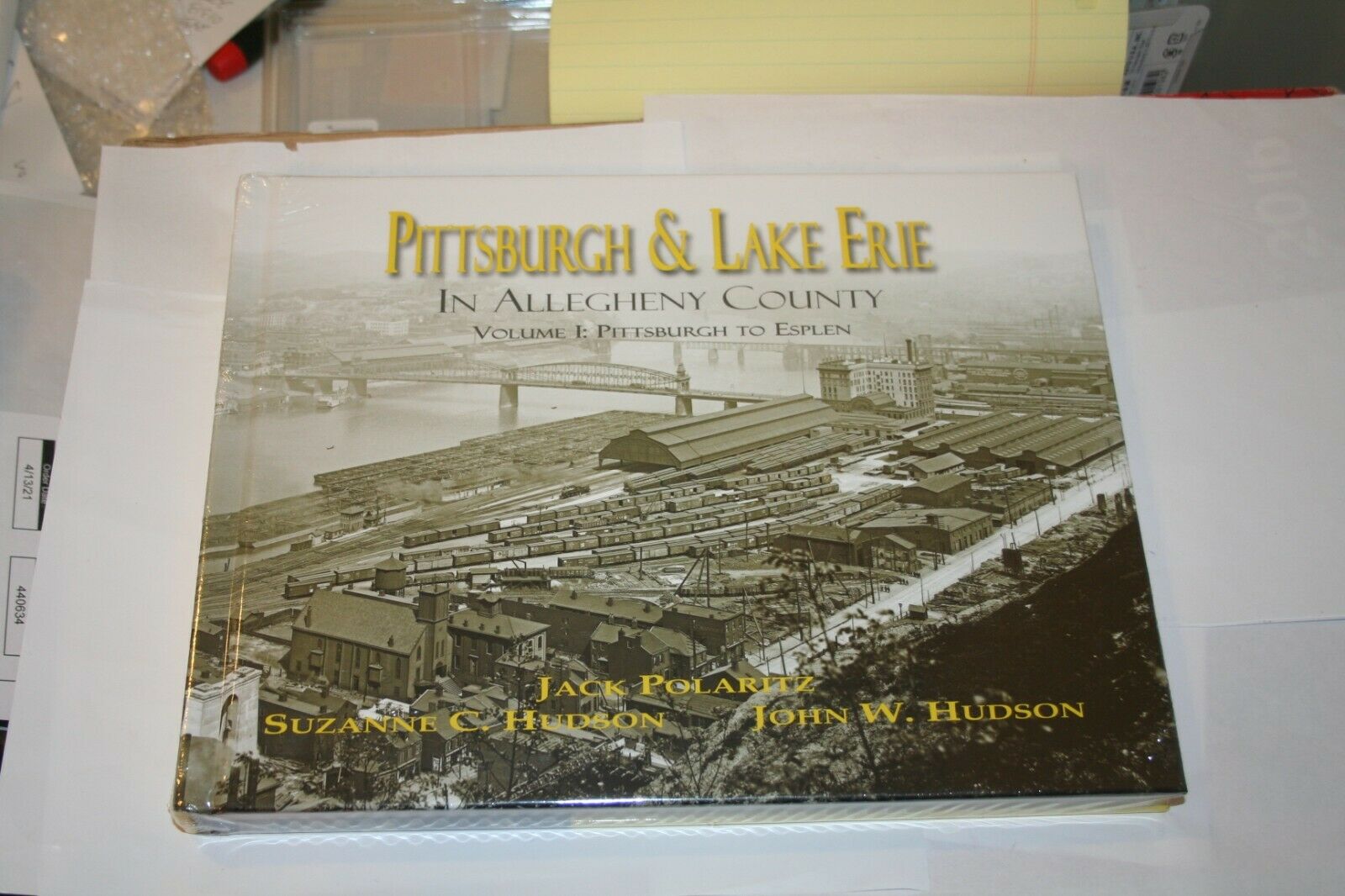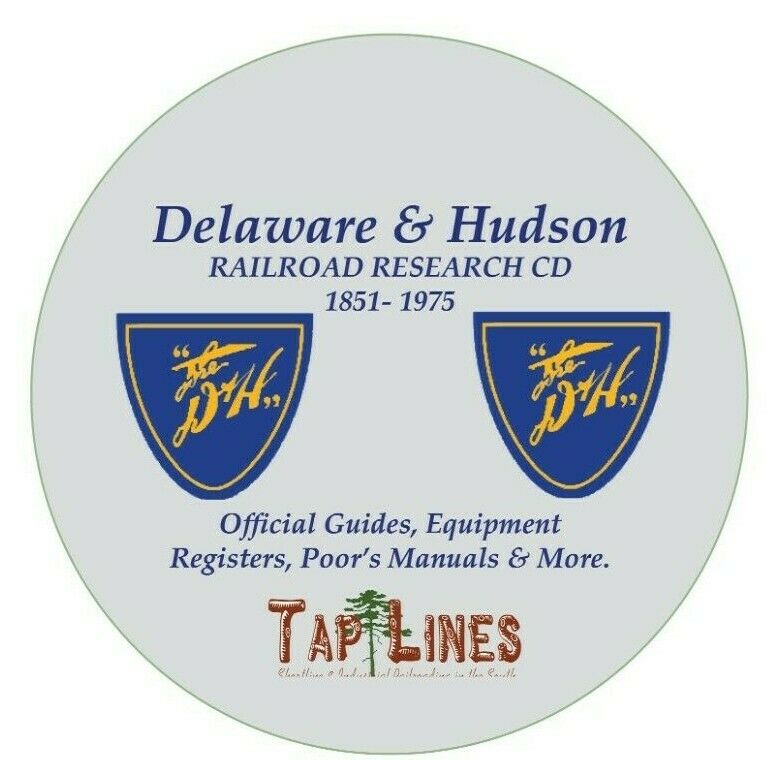-40%
BOOK-PITTSBURGH & LAKE ERIE IN ALLEGHENY COUNTY VOL 1: PITTSBURGH TO ESPLEN
$ 35.37
- Description
- Size Guide
Description
AVAILABLE FOR PURCHASE IS A NEW TITLE FROM DEPOT SQUAREPITTSBURGH & LAKE ERIE IN ALLEGHENY COUNTY VOL1: PITTSBURGH TO ESPLEN
BY JACK POLARITZ, SUZANNE HUDSON & JOHN HUDSON
This is the first of 2 books on the Pittsburgh Lake Erie Railroad in Allegheny County. The city of Pittsburgh had the potential to be a major industrial center but for the freight discrimination imposed by the Pennsylvania Railroad. Every new rail outlet built to offer an alternative to the Pennsy was eventually taken over by that company. The only route left was a narrow corridor along the Monongahela River threading through steel mills. lead works, glass factories, and other industries. Pittsburgh yearned for independent rail service but was unable to secure it until William McCreery, John Dravo, James Bennett, Jacob Henrici and the Harmony Society, and others banded together to found and construct the Pittsburgh & Lake Erie. Building on four miles of trestle work through South Side—at times into the Monongahela River—to get to McKees Rocks, the P&LE eventually reached Youngstown, OH where connections were made with the Lake Shore & Michigan Southern (New York Central) and the Atlantic & Great Western (Erie), 68 miles from the Steel City.
Growing to over 200 miles of mainline, the P&LE hauled so much tonnage in iron ore, steel, bituminous coal, coke. oil, and limestone that it became the largest revenue per ton mile railroad that ever operated in America.
This book opens with the story of the pivotal meeting that formed the P&LE when the founders and industrialists went to war with each other. The result was a railroad independent of the Pennsy and answerable only to the needs of Pittsburgh. It is no wonder that the line acquired the nickname “The Little Giant.”
373 black & white photographs, maps, engravings, and other ephemera form the nexus of this story. Years of research into the history of the P&LE and the local industries and environs served to elicit a wonderful story about the line and its association with the region. Images of P&LE, motive power, rolling stock, facilities, the South Side complex, steel mills and other industries, the “company” villages that housed the mill workers and their families, and steamboats on the Monongahela and Ohio rivers bring the story to life.
322 PAGES HARDCOVER
THANK YOU FOR LOOKING










